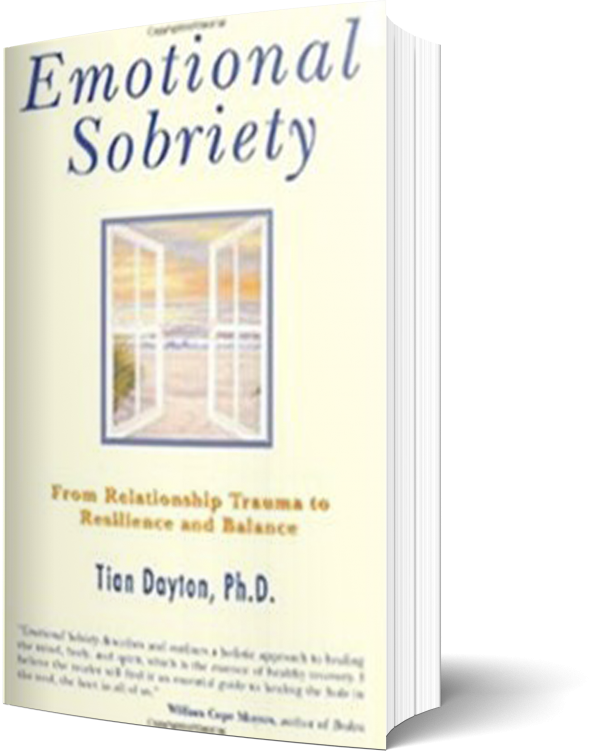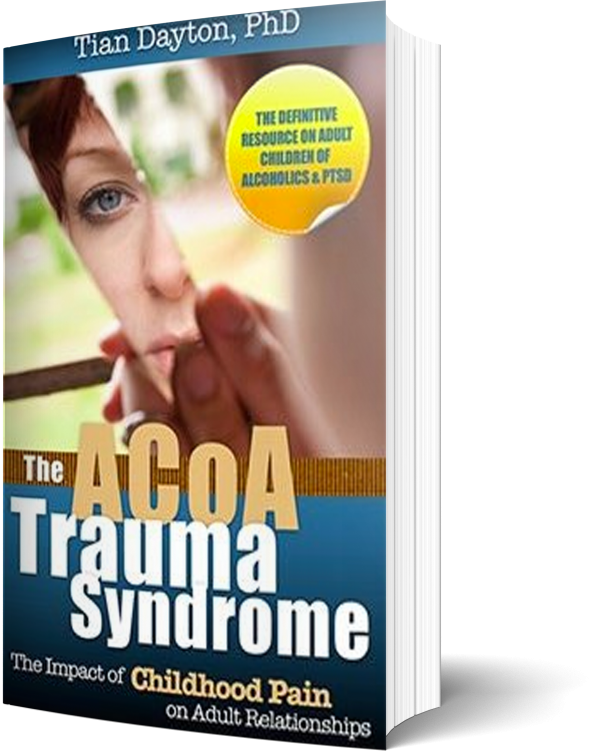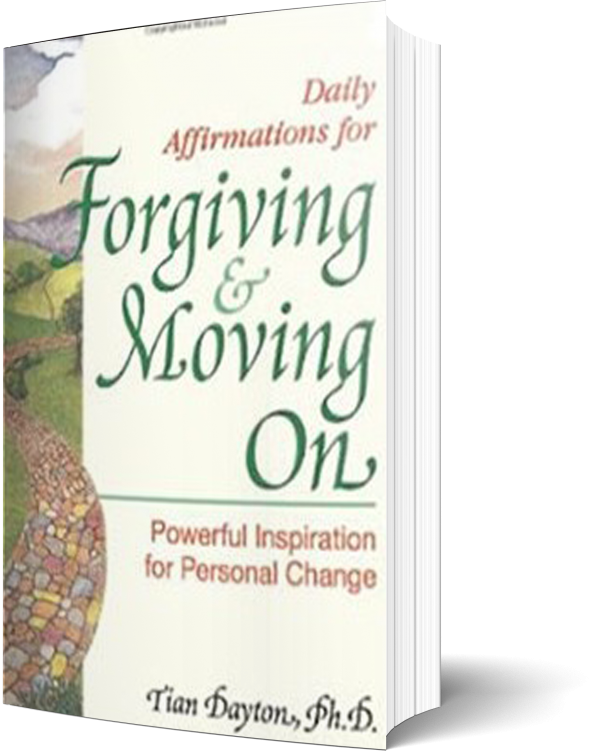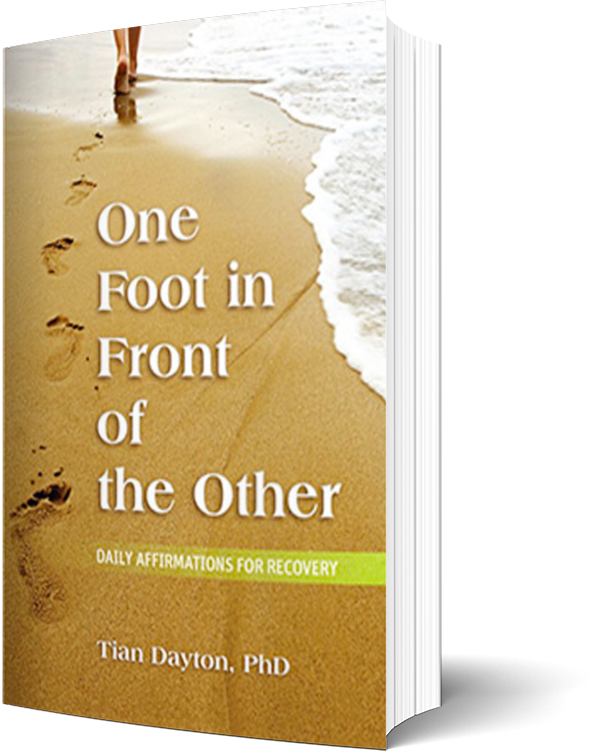With all of the recent press around high profile celebrities, considerable attention is being drawn to the rather volatile subject of sex addiction and sex offending, but the distinction between the two remains somewhat blurry. Readers appear to feel alternately vindicated, horrified and enraged. Many understand sex addiction as a serious problem that plagues someone they know, some are in hiding/denial or questioning themselves and still others are lashing out at the whole moral (or amoral) mess and directing their anger towards what they perceive to be the use of the diagnosis of “sex addiction” as a hiding place, a way for identified predators to avoid getting their just desserts for seriously aberrant behavior.
We obviously need some clarification so the logical place to start is at the beginning, Dr. Patrick Carnes, author of The Betrayal Bond and several other books on the subject, might be called the father of the sexual addiction movement. His daughter Dr. Stephanie Carnes has taken up the family mantel and carries on the extremely important work that her father began; so I have asked Dr. Stephanie Carnes of The Meadows in Arizona, to shed some light.
TD: Can you clarify what the difference is between sexual addiction and sex offending?
SC: First of all, it is critical to understand that sex addiction and sex offending are not the same thing.
- Sex offenders purposefully engage in nonconsensual sexual activity. A sex offense occurs when there is a nonconsensual sexual behavior with a victim. Most of these behaviors are illegal (with laws that vary by jurisdiction).
- Sex addicts are people who have lost control over their sexual lives (sexual fantasy as well as sexual behavior). Typically, sex addicts struggle with behaviors like pornography and masturbation, casual/anonymous sex, serial affairs, and general sexual promiscuity that does not involve offending. They tend to experience depression, anxiety, relationship trouble, problems at work or in school, financial trouble, physical health issues, etc. In most respects, sex addicts are exactly like alcoholics and drug addicts; the only real difference is in their “drug of choice.”
There can be overlap between sex addicts and sex offenders. However, most studies suggest that only around 10% of sex addicts engage in sexual offending behaviors of the type alleged with Harvey Weinstein, Roy Moore, Kevin Spacey, Louis CK, and other men currently in the news.
TD: I know that you treat sex addicts but do you treat sex offenders as well?
SC: Notably, very few people check into a treatment center asking for “sex offender rehabilitation,” even if that’s what they really need. Rather, they seek “sex addiction treatment” because that language sounds more palatable to them (and to their families, PR teams, etc.). As therapists, we’re not overly concerned with a patient’s self-diagnosis when he walks through the door. We’re far more concerned about the fact that the patient is in crisis. People don’t seek the type of help we provide until their situation is at the boiling pint, so when they do arrive, they immediately need the level of care that only a full-service residential mental health facility can provide. For instance, we have 1 to 1 suicide watches and immediate psychiatric evaluation and medication when needed. When those issues are dealt with, we will implement a highly individualized treatment regimen based on a full assessment of the patient, his behaviors, and his current situation.
When people understand the acuity of the crisis that is present with almost every person who checks into a residential sex rehab center, it becomes clear that this level of care is not a luxury, it’s a necessity on the continuum of mental health care.
One of the very first things we do when a patient arrives is to perform a full bio-psycho-social-sexual assessment. If an individual is assessed as sexually addicted, treatment will proceed accordingly. If an individual is assessed as a sexual offender (that does not present as addicted or compulsive with their behavior), it is likely that s/he will be referred to a facility that specializes in sexual offending. If an individual is assessed as both, then both issues will be treated and the appropriate referral to a sex offender specialist will be made at some point during the course of treatment.
We have a team of mental health experts capable of handling just about any sexual or psychiatric issue. Our team consists of sex offender specialists, sexologists, sex addiction therapists, psychologists, psychiatrists, nursing and trauma therapists. These diagnoses are made very thoughtfully.
TD: Some are saying that people are just using the diagnosis of sex addiction as a kind of a way to “excuse” bad behavior, “I couldn’t help it, I’m an addict sort of thing.”
SC: I think it is important to state that sex rehab, whether it’s for addiction, offending, or both, is not a spa. Every patient we treat is required to attend and participate in approximately 50 hours of incredibly intense individual and group therapeutic work every week, with no days off. Typically, this includes numerous treatment modalities; behavioral therapies, acceptance commitment therapy, motivational interviewing, mindfulness, the 30-task model, psychodrama and other experiential therapies, intensive family therapy, trauma treatment, and more. In short, patients are there to work on their very serious problems, not to vacation. Yes, there are elements of treatment that can be relaxing and even fun, but those elements are there to emotionally down-regulate patients and to help them re-charge for the deeply painful therapeutic work to come.
TD: What is the saddest thing you see as a theme running through sex addicts?
SC: When sex addicts enter treatment, they are deeply in denial. They don’t see how their behaviors have negatively impacted them, and more importantly they don’t see how their behaviors have negatively impacted their partners, their kids, their parents and siblings, their employer, their community, and pretty much everyone else they come in contact with. Sometimes they vehemently deny what they’ve done or blame others for calling them out, and this furthers the traumatic damage they’ve created. We see this behavior in addicts and offenders alike, and it’s horrible for families and victims. As such, much of the work we do early in the treatment process with both addicts and offenders is geared toward breaking through denial—helping the patient see what s/he has done, the consequences of his or her actions, and that s/he alone is responsible for their behaviors.
TD: What is the most hopeful thread that you see running through recovering sex addicts?
SC: People do recover from both sexual addiction and sexual offending. I see it every day. They don’t do it alone, and healing does not come easily, but it’s possible for any person who wants it and is willing to put in the work. Usually, once the problematic behaviors are under control, these individuals begin working on the underlying issues (most often various forms of unresolved early-life trauma) that drove them into addiction or offending. That process is incredibly healing, and a great boost to long-term sobriety and recovery.
TD: What happens to the marriage? What happens to the kids?
SC: There is no denying that relationships and families are deeply and negatively impacted by sex addiction (or any other addiction). That said, the impact is different for every relationship and every family. Partners can be completely traumatized by the addiction and they may wall themselves off to protect themselves, sometimes they engage in addictive behaviors of their own as a way of coping with or masking the emotional pain they’re feeling. Recognizing this, we try very hard to bring families into the treatment milieu and to integrate them as part of the recovery process.
I have also asked Sean Walsh CEO of Meadows Behavioral Healthcare who is duly concerned with the need to help people to understand what treatment for sex addiction is all about to weigh in as well. ”The main thing I want the public to know,” says Walsh, “ is that the majority of patients that we treat are usually victims themselves of some type of abuse whether it is sexual assault, child abuse, rape or incest. Only 10% of those we treat for sex addiction are also offenders…. those who are only sex offenders and we are not the appropriate facility, we refer to appropriate offender treatment facilities. The core of the Meadows Model and our treatment approach is to bring healing to the trauma experienced by victims who live out the pain of their own abuse through becoming obsessed with sexual acting out.”
Walsh continues, “The benefit from times like these, is the potential for increased awareness of the issues, conversations like these. The problem itself is nothing new, for far too long men in power have been victimizing women, it’s been going on since the beginning of time. I am hopeful that increased awareness about the empowerment that comes from movements like “#me too” will lead survivors of abuse to taking a stand and seeking the healing and hope they deserve, as well as to offenders being held accountable. And that a paradigm shift will occur, where these behaviors will no longer be tolerated or enabled.”





